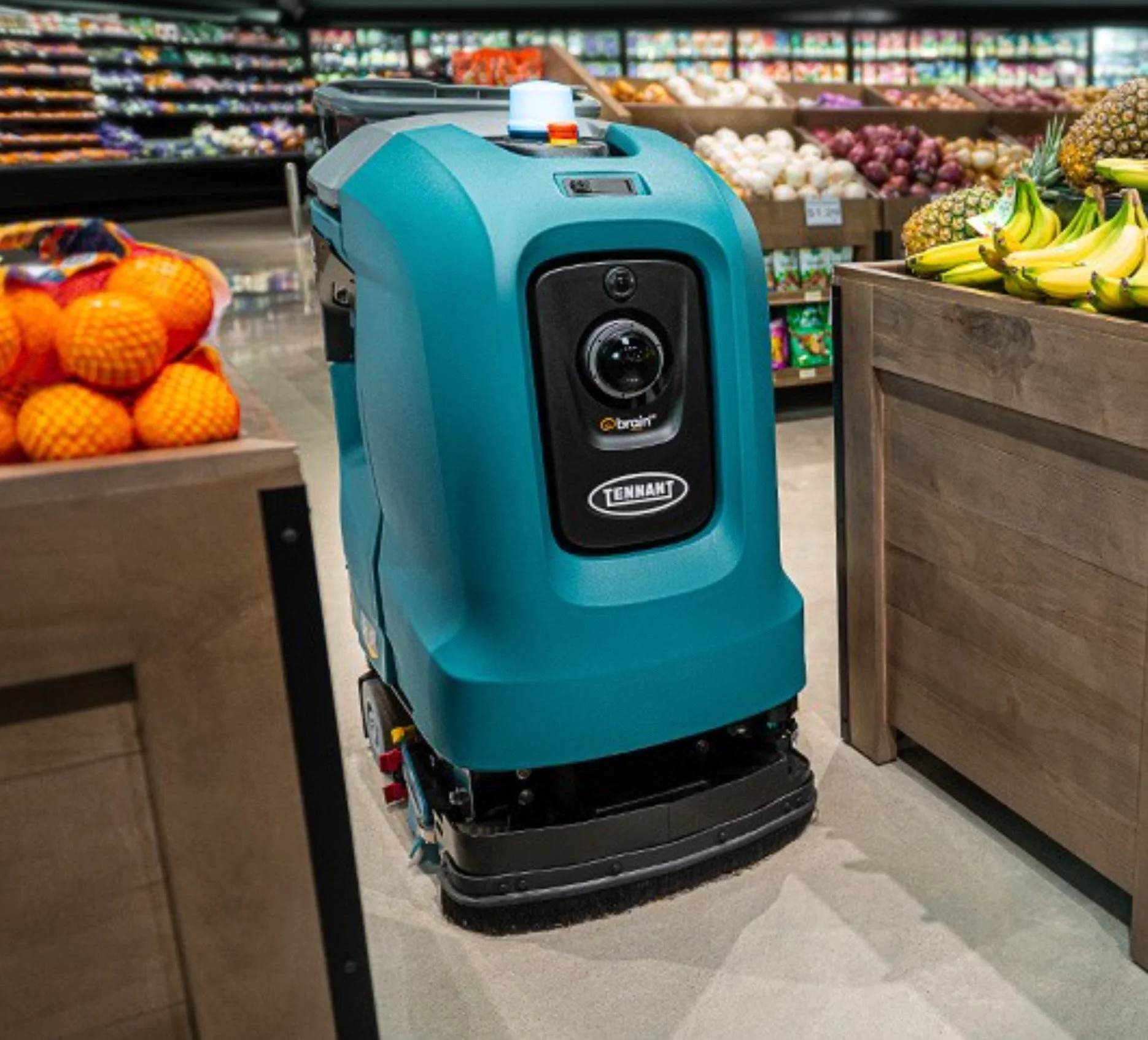Nvidia to Deliver 18,000 AI Chips to Saudi Humain for 500MW Data Center, Boosting AI Ambitions
Image Credit: Ekrem Osmanoglu | Splash
On May 13, 2025, Nvidia, a leading U.S. technology company, announced a deal to supply 18,000 Blackwell GB300 artificial intelligence chips to Humain, a Saudi Arabian AI startup backed by the Public Investment Fund (PIF). Revealed at the Saudi-U.S. Investment Forum in Riyadh, this agreement supports Saudi Arabia’s ambition to become a global AI hub. The chips will power a 500-megawatt data center, enabling advanced AI system development.
[Read More: Why GPUs Are the Powerhouse of AI: NVIDIA's Game-Changing Role in Machine Learning]
Details of the Nvidia-Humain Partnership
Nvidia CEO Jensen Huang announced the delivery of Blackwell chips to Humain. Introduced in March 2024, these chips are part of Nvidia’s Blackwell series, designed for complex AI tasks like training and deploying large-scale AI models. The data center will feature a supercomputer using Nvidia’s InfiniBand networking technology for high-speed, low-latency connections essential for AI workloads. Humain plans to expand this infrastructure over the next five years, potentially adding “several hundred thousand” Nvidia GPUs to create “AI factories”.
The partnership includes Nvidia’s Omniverse platform, a cloud-based system for simulating and testing physical AI solutions, such as robotics and digital twins, supporting industries like manufacturing, logistics, and energy in Saudi Arabia. The deal was formalized during a White House-led visit, including U.S. President Donald Trump and other tech leaders, underscoring its strategic significance.
[Read More: NVIDIA Introduces Cosmos World Foundation Models for Physical AI Development]
Significance for Saudi Arabia’s AI Ambitions
Saudi Arabia’s Vision 2030 initiative seeks to diversify its economy from oil through technology investments. The Nvidia-Humain partnership advances this goal by positioning the kingdom as a regional AI leader. Led by former Rakuten Mobile CEO Tareq Amin, Humain aims to build a comprehensive AI ecosystem, including data centers, cloud platforms, and an Arabic multimodal large language model (LLM). The 500-megawatt data center ensures sovereign AI models comply with local data regulations, keeping sensitive data within the country.
Jensen Huang described AI as “essential infrastructure for every nation”, comparing it to electricity and the internet, and noted the deal’s role in helping Saudi Arabia shape AI’s future. The project is expected to drive digital transformation across sectors, enabling public and private organizations to leverage AI for innovation and economic growth.
[Read More: NVIDIA Launches Affordable Jetson Orin Nano Super Developer Kit for Generative AI]
Broader Context and Industry Implications
The Nvidia-Humain deal reflects a growing trend of Middle Eastern countries investing in AI infrastructure to become global technology hubs. Global demand for AI chips is surging, with Nvidia facing supply challenges due to the complexity of producing advanced GPUs. Allocating 18,000 GB300 chips to Saudi Arabia highlights the deal’s priority amid this demand.
A U.S. policy shift under the Trump administration, announced during the visit, lifted restrictions on advanced technology exports to Saudi Arabia, previously limited by regulations requiring validated end-user programs. Advanced Micro Devices (AMD) will also supply chips for a US$10 billion AI project spanning Saudi Arabia and the U.S., expanding the collaboration’s scope.
[Read More: Trump’s $500 Billion AI Investment Fuels Growth in Blockchain and AI Cryptocurrencies]
Technical and Economic Impact
The GB300 Blackwell chips combine a Grace Arm CPU and B300 GPU, delivering high performance for AI training and inference. The 500-megawatt data center, comparable to a small city’s power consumption, underscores the energy demands of modern AI infrastructure. Humain’s plan to deploy “several hundred thousand” Nvidia GPUs over five years could position Saudi Arabia as a leader in AI computing capacity.
Economically, the deal will create opportunities for Saudi Arabia’s workforce. Nvidia will train thousands of Saudi developers in accelerated computing and AI, building local expertise. The Saudi Data & AI Authority (SDAIA) is expected to collaborate with Nvidia on sovereign AI and smart city solutions, potentially deploying Blackwell GPUs, though details await confirmation. These efforts aim to foster a sustainable AI ecosystem for long-term economic diversification.
[Read More: AI Could Replace Two-Thirds of Jobs – How Safe Is Yours?]
Source: Toms Hardware, Tech Radar, India Times










